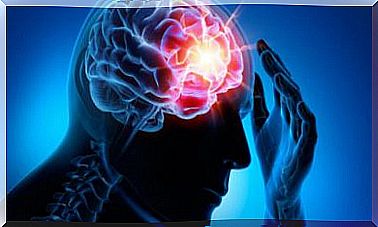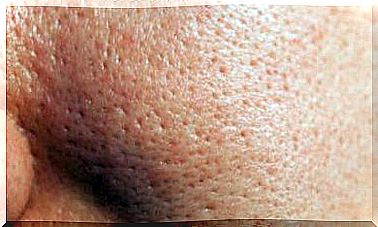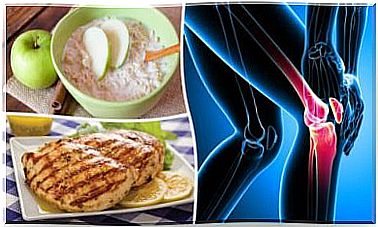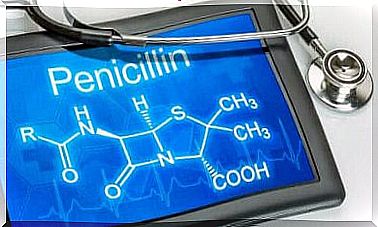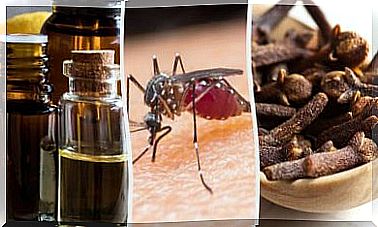Hyporexia Or Lack Of Appetite
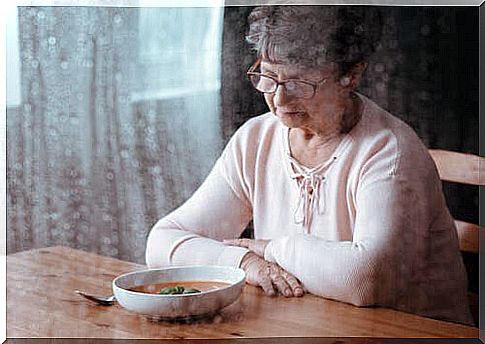
Hyporexia is the medical term used to refer to lack of appetite. Although this condition can occur at any age, it is often associated with aging.
The terms “hyporexia” and “anorexia” are similar. It is actually difficult to distinguish between them. Anorexia causes complete lack of appetite. Unfortunately, both cause a deterioration in health due to malnutrition or lack of certain substances, such as vitamins.
Experts estimate that hyporexia affects about 60% of people over 65. In fact, it seems that almost 90% of people over 80 suffer from it. In this article, we will explain everything you need to know about it.
What causes lack of appetite?
As we mentioned above, hyporexia is lack of appetite. This loss of appetite leads to a decreased intake of food, which is why it is typically accompanied by weight loss and fatigue.
The problem with lack of appetite is that it can lead to a significant deficit of nutrients in the long run. It is very common for people who suffer from it to have deficiency of vitamins and also suffer from anemia.
While it is true that the need for energy decreases with age, this is not the only cause of this disorder. Lack of appetite is often associated with psychological problems, such as stress or depression.

Likewise, many experts believe that hyporexia is an effect of the loss of sensitivity that aging causes. In other words, an impaired sense of taste and hearing and appetite.
Other situations that can lead to hyporexia are both acute and chronic diseases. In addition, in the elderly, it is very common to find cases of malignancy or digestive disorders which are a direct cause.
Other common causes
The truth is that appetite is affected by many factors. In the case of the elderly, lack of appetite is also related to situations such as living in a nursing home, lack of care and loneliness.
Likewise, one should also note that certain drugs can cause it. Examples are codeine and morphine, and even chemotherapy.
In this regard, we must not forget that at this age, problems with the teeth are very common. Every mouth disorder or dry mouth, which also increases with age, can affect eating. It can be very unappetizing not to be able to eat solid food.
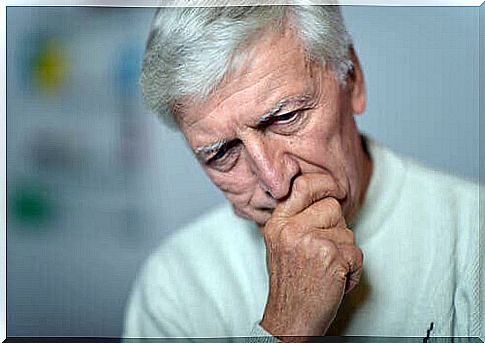
What are the consequences of lack of appetite?
Losing one’s appetite and eating less can lead to malnutrition. In the case of the elderly, this malnutrition usually appears slowly and gradually. It is thus difficult to detect.
When a person is malnourished, their muscle mass decreases. As a consequence, they have less and less strength and their feeling of exhaustion increases. In addition, food is directly related to our health and immune system.
Lack of appetite can thus make any disease that the person suffers from worsen. It is therefore very important to establish a treatment as soon as possible. The ideal is to change one’s diet.
Experts recommend that patients eat smaller, more calorie-rich meals several times a day. In addition, one should try to choose foods that are appetizing and make the meals last longer, without any distractions. If these measures fail, one can try drugs that increase appetite.
Remember that the most important thing is always to talk to a doctor if you have any questions. They will be able to evaluate the situation and recommend concrete measures for one’s specific case, in relation to the cause.
